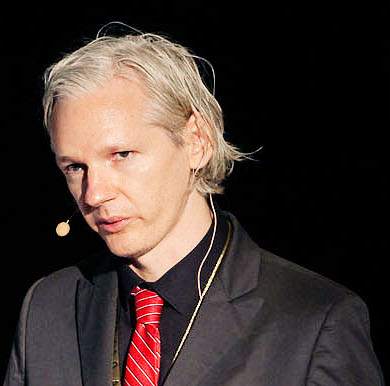WikiLeaks has accused a Guardian journalist of “negligently disclosing” top secret decryption passwords to hundreds of thousands of unredacted U.S. diplomatic cables.
The unpublished WikiLeaks material reportedly includes over 100,000 classified unredacted cables that were being analyzed, in parts, by over 50 media and human rights organizations from around the world.

“Guardian investigations editor, David Leigh, recklessly, and without gaining our approval, knowingly disclosed the decryption passwords in a book published by the Guardian. Leigh states the book was rushed forward to be written in three weeks – the rights were then sold to Hollywood,” the whistleblowing organization claimed in an official statement.
“[We have] commenced pre-litigation action against the Guardian and an individual in Germany who was distributing the Guardian passwords for personal gain.”
WikiLeaks also noted that it had been “building up and publishing” the complete Cablegate library for a timed, staggered release – an endeavor that it says is now threatened by the Guardian’s book.
“The mammoth task of reading and lightly redacting what amounts to 3,000 volumes or 284 million words of global political history is shared by WikiLeaks and its partners. That careful work has been compromised as a result of the recklessness of the Guardian.
“Revolutions and reforms are in danger of being lost as the unpublished cables spread to intelligence contractors and governments before the public. The Arab Spring would not have started in the manner it did if the Tunisian government of Ben Ali had copies of those WikiLeaks releases which helped to take down his government.”
Unsurprisingly, the Guardian referred to the accusation as “nonsense” and denied that its WikiLeaks book compromised security in any way.
“Our book about WikiLeaks was published last February. It contained a password, but no details of the location of the files, and we were told it was a temporary password which would expire and be deleted in a matter of hours.
“It was a meaningless piece of information to anyone except the person(s) who created the database. No concerns were expressed when the book was published and if anyone at WikiLeaks had thought this compromised security they have had seven months to remove the files. That they didn’t do so clearly shows the problem was not caused by the Guardian’s book.”






